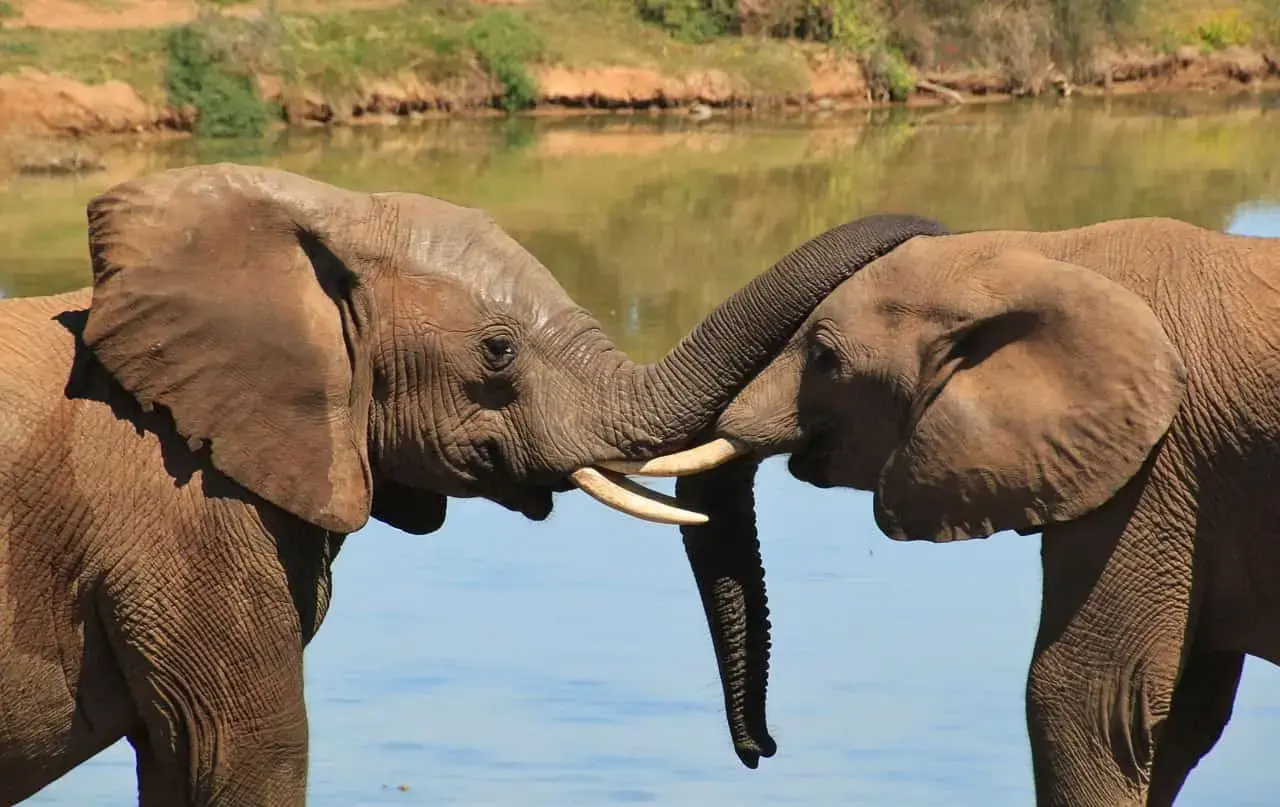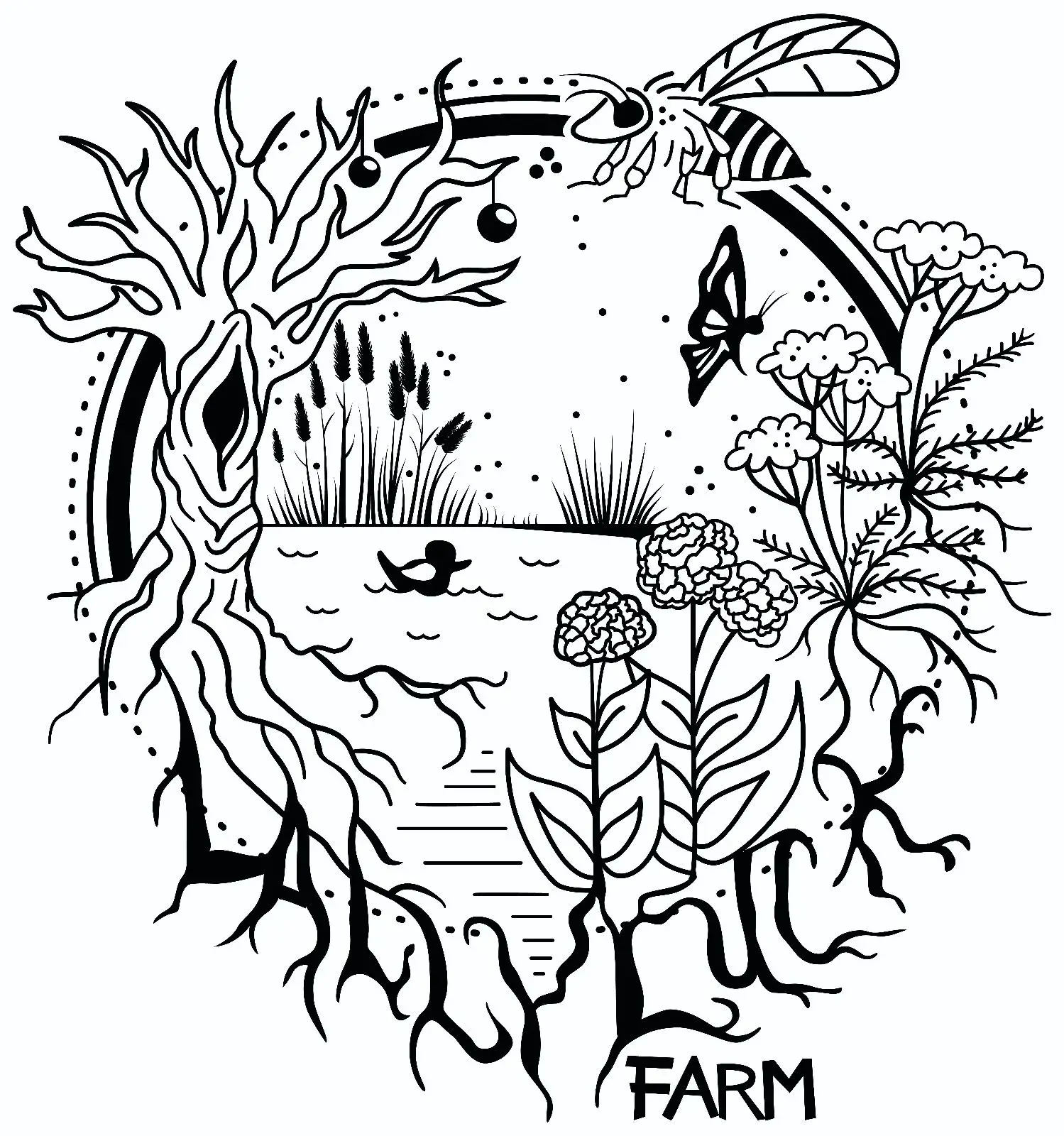Groundbreaking in the sense that science is catching up to what many people spending time with animals know already. I would have expected as much. I imagine cetaceans and equines would name each other as well, quite a few birds, and who knows who else. I imagine our pets have names for us as well, but my ears are too stupid to make them out.
We’ve known for decades that cetaceans have names, as their vocalisations have been very well studied. Every dolphin has its own “signature whistle” which is their name. They use it to identify themselves and to talk to each other. We’ve also recorded dolphins using other dolphins’ signature whistles when the dolphin in question isn’t present and isn’t in range to hear it - there’s a strong implication that they were talking about that dolphin, rather than trying to talk to them, which indicates language. We also know that dolphins choose their own names, and they construct a signature whistle that’s similar to the whistles of other dolphins they’ve met, but not dolphins in their immediate social circle. And when there are multiple species housed together in an aquarium, they even construct signature whistles based on the whistles of the other species in the tank. With at least some cetacean species, they also have surnames, a separate sound that identifies their family group.
We have 28 birds in our flock and I have no doubt that they have rich and beautiful names instead of the puns I’ve given them. We know of laughter in dozens of species, there’s little reason to believe that’s where their social capabilities end. Still, it’s nice to see a study that affirms what many of us have believed for a while, and I’m looking forward to it being studied in additional species.
The problem is that unfortunately most of that common knowledge is anecdotal. I can say my dog whines distinctly different, as if thinking/asking about my SO when they’re at work for example, but it’s incredibly difficult to pin scientific research to that. I’m all for broadening our understanding the wonderful creatures we share this planet with!
Or maybe the problem is that too many of us give more value to science instead of just believing in what we experience ourselves, even though scientists are only permitted to come up with the cautiously worded, much delayed truisms as above. But I am glad that science is catching up with what we know!
To be honest, I’m pretty sure that it’s the other way around.
Or maybe the problem is that too many of us give more value to science instead of just believing in what we experience ourselves,
That sounds exactly like something a human made climate change denier would say after they happened to experience two consecutive cold winters in their area. I’d rather have them giving more value to science.
🤔 I wonder if this means elephants will be entitled to rights.
It’s not proven yet, they’ve just discovered certain correlations in elephant communication they are calling “names” because they seem to fit… but may yet turn out to be something else. Title should have been “elephants may have names for each other”.
And speaking of that title, I look forward to “elephants have tails, just like cats” and “elephants have four feet, just like chairs”.
I understand being frustrated about the title, it drives me insane as well. However I do imagine it can be pretty difficult for scienctists to publish anything directly spelling out the idea that animals are people. This sometimes gives me the impression that explaining it to the mainstream public in baby steps is the only way to go?
I would say if naming these correlations “names” helps the protection of elephants go ahead.




